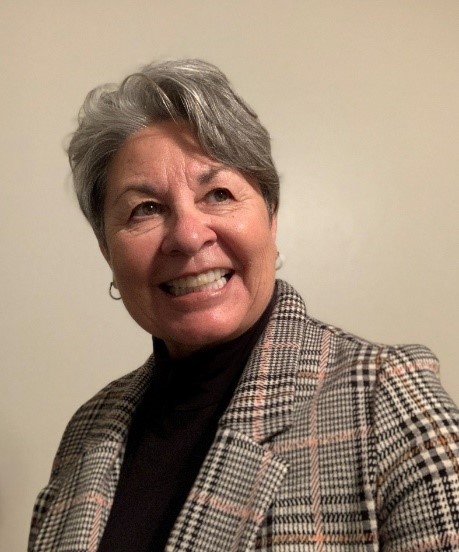June 4-10, 2023, marks the national observance of Community Health Improvement Week. The intent is to honor health professionals who work closely with communities and dedicate their lives to improving the health of others. One such community health worker within the Indian Health Service is the community health representative. For the purposes of this blog, CHR and CHW are used interchangeably.
According to the American Public Health Association, a CHW is a frontline public health worker who is a trusted member of and/or has an unusually close understanding of the community served. This trusting relationship enables the worker to serve as a link between health and social services and the community to facilitate access to services and improve the quality and cultural competence of service delivery. A community health worker also builds individual and community capacity by increasing health knowledge and self-sufficiency through a range of activities such as outreach, community education, informal counseling, social support and advocacy.
Community health representative is a term used in tribal communities to denote a community health worker. It’s an umbrella term that encompasses several categories of frontline public health workers – including community navigator, patient navigator, community health advisor, patient liaison, outreach worker, or promotora de salud, which is community health worker in Spanish.
CHRs contribute to community health improvement through their scope of work and responsibilities, including:
- Individual Support: Provide encouragement and social support to assist individuals with goal setting and barrier identification within professional boundaries.
- Care Coordination/Community Support Planning: Assist in coordinating care by linking people to appropriate information and services.
- Health Care Liaison: Serve as a culturally-informed liaison between individuals and community health care systems.
- Health Education: Provide culturally appropriate health education to individuals, organizations and/or communities, in an effort to reduce modifiable risk factors and encourage healthy behaviors.
- Advocacy: Recognize gaps and advocate for individual and community health needs.
Much of a CHRs work occurs at the community level, as well as within the home environment. CHRs are trained professionals who help people navigate a complex health and social services system. CHRs have consistently provided critical support to American Indian and Alaska Native individuals who have health-related social needs, which are the factors that can have an immediate adverse impact on health outcomes or management of a chronic disease. CHRs contribute to these interventions that address critical social drivers of health such as food insecurity, housing insecurity, and lack of transportation.
CHRs often share a sociocultural sense of peer status with the communities they serve – a lived experience. This understanding positions CHRs well with developing trust and relationships. As a result, CHRs become natural helpers, known as advocates. They eliminate the barriers for people to access health care, and much of their work is focused on the social determinates of health and providing supports that help people achieve their own health goals.
During the COVID-19 pandemic, CHRs created educational materials, delivered food, provided transportation to fill prescriptions, and arranged doctor appointments for patients. CHRs were vital in dispelling myths about vaccinations, helped communities use rapid at-home antigen test kits, and informed people what to do if they had a positive test.
CHRs are effective in promoting outreach, education, and health care engagement as important additions to integrated care teams. CHRs have an opportunity to improve patient health outcomes in a primary care setting by providing culturally appropriate health education, social services, care coordination, case management, and system navigation. They also bridge cultural and language barriers between providers and clients, improve communication with care teams, and support clients to follow through with care plans.
In summary, a CHR embodies the values, culture, and experiences of the communities where they work. They are instrumental in helping to advance the CHW workforce, serving as a link between the clinical setting and the community to facilitate access to services and improve the quality and cultural competence of service delivery. This translates into promoting health equity, improving health care access and outcomes, strengthening care teams, and enhancing quality of life for tribal people.
Related Content:



